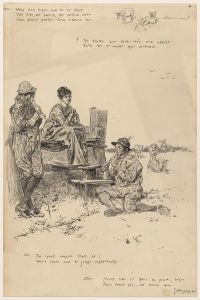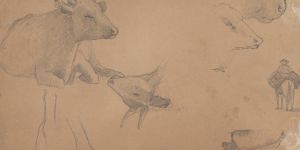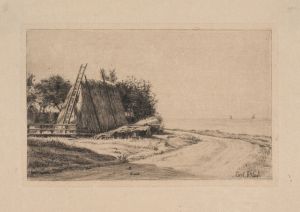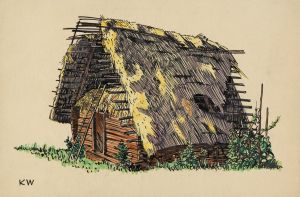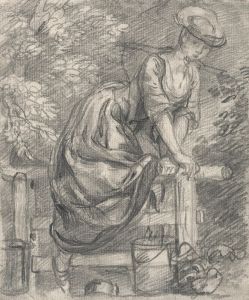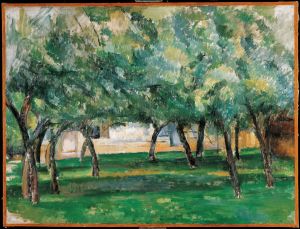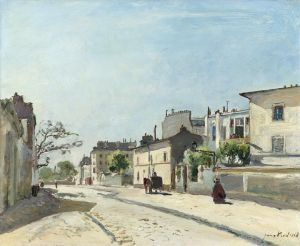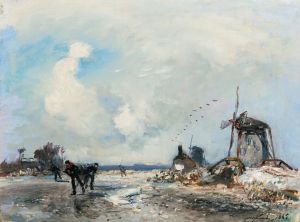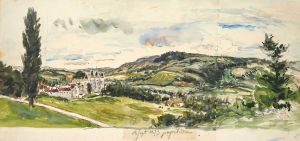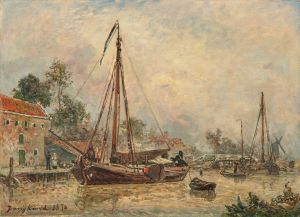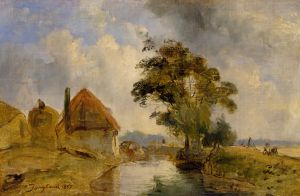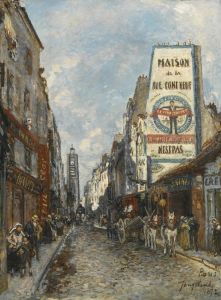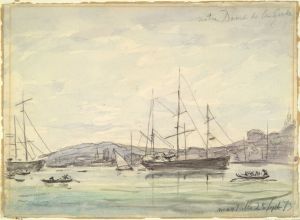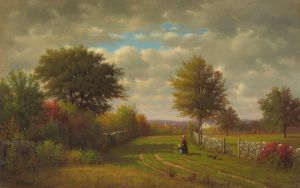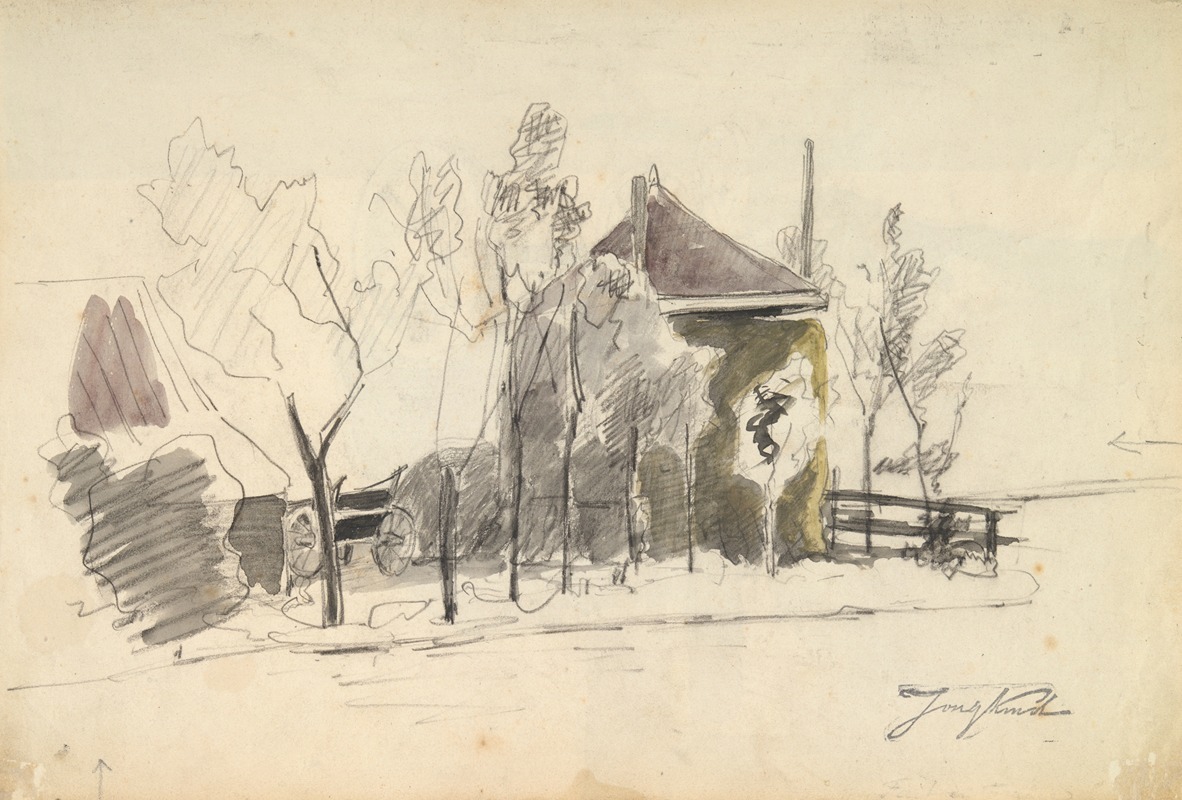
View of a Farm
A hand-painted replica of Johan Barthold Jongkind’s masterpiece View of a Farm, meticulously crafted by professional artists to capture the true essence of the original. Each piece is created with museum-quality canvas and rare mineral pigments, carefully painted by experienced artists with delicate brushstrokes and rich, layered colors to perfectly recreate the texture of the original artwork. Unlike machine-printed reproductions, this hand-painted version brings the painting to life, infused with the artist’s emotions and skill in every stroke. Whether for personal collection or home decoration, it instantly elevates the artistic atmosphere of any space.
Johan Barthold Jongkind was a Dutch painter known for his significant contributions to the development of Impressionism. Born on June 3, 1819, in the Netherlands, Jongkind spent much of his career in France, where he became associated with the Barbizon School and later influenced the Impressionist movement. His works are celebrated for their innovative use of light and atmosphere, often depicting landscapes and cityscapes with a fresh and spontaneous approach.
"View of a Farm" is one of Jongkind's notable works, showcasing his skill in capturing rural scenes with a sense of immediacy and vibrancy. While specific details about this particular painting are limited, it is consistent with Jongkind's broader oeuvre, which often features pastoral settings and the interplay of natural light. His technique typically involved loose brushwork and a keen attention to the effects of light on the landscape, elements that would later become hallmarks of Impressionism.
Jongkind's approach to painting was characterized by his plein air technique, where he painted outdoors to directly observe and capture the changing qualities of light and atmosphere. This method allowed him to create works that were both realistic and infused with a sense of movement and life. "View of a Farm" likely reflects these qualities, presenting a snapshot of rural life with an emphasis on the natural environment.
Throughout his career, Jongkind maintained a close relationship with several key figures in the art world, including Eugène Boudin and Claude Monet. Monet, in particular, credited Jongkind with teaching him the importance of capturing the transient effects of light, a principle that became central to the Impressionist movement. Jongkind's influence on Monet and other Impressionists underscores his role as a pivotal figure in the transition from traditional landscape painting to the more modern approaches that defined late 19th-century art.
Jongkind's work, including "View of a Farm," is often noted for its atmospheric quality and the way it conveys a sense of place. His ability to depict the subtleties of light and shadow, along with his use of color to evoke mood, set his paintings apart and earned him a lasting place in art history. While he may not have achieved the same level of fame as some of his Impressionist successors during his lifetime, Jongkind's contributions to the movement are widely recognized today.
In summary, "View of a Farm" exemplifies Johan Barthold Jongkind's innovative approach to landscape painting, highlighting his influence on the Impressionist movement through his use of light, color, and atmosphere. His work continues to be appreciated for its artistic merit and its role in shaping the direction of modern art.





